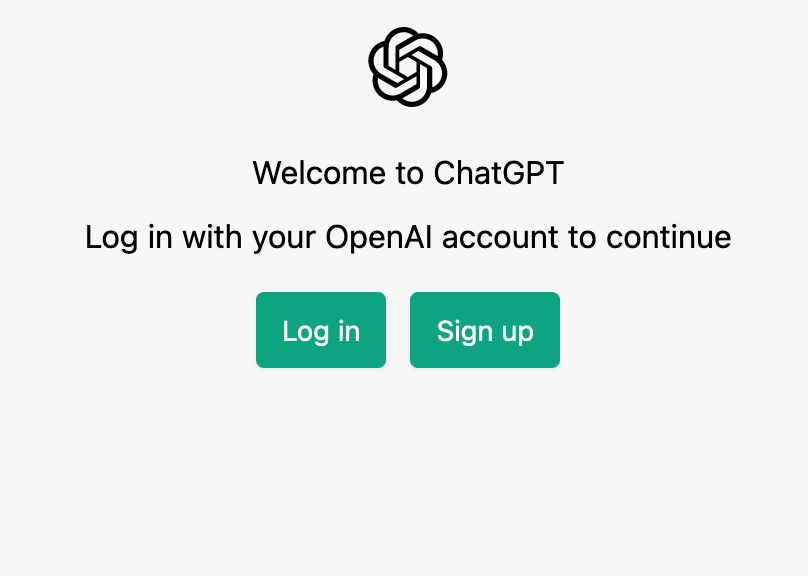On December 7, 2022, ChatGPT was asked “write a 450 word essay on how ChatGPT works and how it can impact Web 3.0 in the future.”
Here’s how it responded:
ChatGPT is a cutting-edge natural language processing (NLP) model developed by OpenAI. It is a variant of the popular GPT-3 model, which is known for its ability to generate human-like text. Unlike GPT-3, however, ChatGPT is specifically designed to handle conversational language, making it a powerful tool for building chatbots and virtual assistants.
ChatGPT works by processing a sequence of words and predicting the next word in the sequence based on the context of the words that came before it. It uses a deep learning algorithm called a Transformer, which allows it to analyze large amounts of text data and learn the patterns and relationships between words in a given language. This allows ChatGPT to generate text that is coherent and relevant to the conversation at hand.
One of the key advantages of ChatGPT is its ability to handle a wide range of conversational scenarios. It can handle simple tasks like answering basic questions or providing information, as well as more complex tasks like carrying on a multi-turn conversation or responding to open-ended prompts. This makes it an ideal tool for building chatbots and virtual assistants that can help users with a variety of tasks.
In the future, ChatGPT and other advanced NLP models like it could have a significant impact on Web 3.0. Web 3.0, also known as the Semantic Web, is the next generation of the internet, where information is organized and interconnected in a way that allows machines to understand and interpret it. With the help of advanced NLP models like ChatGPT, machines will be able to process and understand natural language, allowing them to interact with users in a more natural and intuitive way.
For example, imagine using a virtual assistant to help you plan a trip. With the help of ChatGPT, the assistant could understand your requests and preferences, and provide personalized recommendations for flights, hotels, and activities based on your specific needs. It could even handle complex tasks like booking reservations and making payments, freeing you from the tedious and time-consuming task of doing it yourself.
In addition to making everyday tasks easier and more efficient, ChatGPT and other advanced NLP models could also have a major impact on industries like healthcare, finance, and education. For instance, chatbots powered by ChatGPT could be used to assist doctors in diagnosing and treating patients, or to provide personalized financial advice to investors. In the education sector, chatbots could be used to provide personalized tutoring and support to students.
In conclusion, ChatGPT is a powerful natural language processing model that has the potential to revolutionize the way we interact with machines. With its ability to handle complex conversational scenarios and understand natural language, it could have a major impact on Web 3.0 and a wide range of industries in the future.
++++++
Given the fact ChatGPT obtained over a million users in under a week, it won’t be long before the company that launched this tool is eventually purchased by Microsoft or Google – especially given it is a direct threat to their multiple billion dollar revenue streams.
